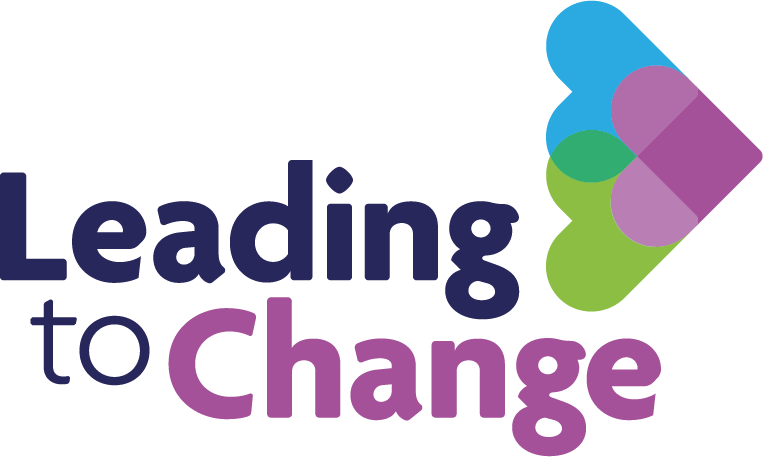Leadership Material?
08/02/2023 -
Winnie Lwanda is a Practising Social Worker and Member of the Scottish Association of Social Work’s Anti-Racism Advisory Group
As Britain welcomed it’s first non-white Prime Minister, and a caller on LBC Radio dared to say the quiet part out loud and present this as commonplace opinion, we should confront the barriers facing people of colour aspiring to leadership. To some, we may merit a seat at the table but should not expect fine dining! Irrespective of your politics, these views are steeped in a racism that ignores birthplace, education, and nationality.
The insidious belief appeared to be that non-white people in Britain are inherently untrustworthy, do not truly belong, and should not hold high positions of power. If there is this level of disdain for those considered the elite of British society, what chance do ordinary non-white folk stand of progressing in the workplace? In these situations, I can only admire the candour of someone brave or ignorant enough to declare a preference for the white candidate, rather than focus on credentials. However, silence or condemnation from others is not always a marker of disagreement.
If you want to argue that the views of this gentleman are the minority, you should consider evidence to the contrary.
Sandra Susan Smith[i] defines ‘particularized trust’ as a belief that people homogenous to us are trustworthy and this seems relevant given the disproportionate use of police stop and search practices against black people[ii]. Stereotypes of non-white people perpetuated by the media promote prejudices that lead to discrimination, whether it is the depiction of the violent black male with substance misuse issues or focus on the so-called scourge of ‘illegal migrants’ in the continuous curse of culture wars.
A person’s sense of belonging is more subjective, but something I have struggled to achieve throughout my childhood, and which has persisted into adulthood. It is difficult to feel that you belong when others insist on highlighting differences rather than areas of commonality. Differences that are often perceived or assumed rather than the reality.
However, the lived experience of marginalized groups is frequently critiqued as being qualitative and symptomatic of a few bad apples rather than a systemic issue. From an intersectional perspective as a black woman, TUC[iii] research found that non-white women face both racism and sexism in the workplace, affecting their pay and career progression, and resulting in underrepresentation in the highest paid, leadership roles.
I am not a leader by position, though aspire to be one. Good leaders should innovate, inspire, and invest in their workforce. In modern Britain, it is crucial that our leaders can embrace diversity and encourage inclusion.
Doing this meaningfully involves more than simple box-ticking and meagre compliance with equality legislation. If employers are to act with serious intent, they should consider developing appraisal mechanisms that purposefully incorporate individual career goals. Staff should have the opportunity to participate in aspiring leadership programmes, where this is identified as a personal career objective. I am also in favour of mentoring schemes, though recognise the lack of non-white leaders to share their knowledge and experience, to nurture the professional development of mentees.
Furthermore, there should be fair and equal access to training and advanced or specialist learning courses that will make employees more desirable candidates for promotion. Linked to this, is having opportunities to demonstrate the skills necessary for a promoted post. As with all areas meriting monitoring and review, it is vitally important to capture statistics on the recruitment, progression, and retention of non-white employees. However, it is not enough to simply record this information. Acting with serious intent means analysing the data and responding to problematic trends with action instead of hollow rhetoric. Otherwise, aspiring leaders will continue to be overlooked.
Reflective Challenges – I will conclude by asking you to reflect on the following two questions:
– Am I aware of my own prejudices?
– When was the last time that I challenged racism within the workplace or within my friendship group?
- [i] Smith, S.S. (2010) ‘Race and trust’, Annual Review of Sociology, 36(1), pp.453-475.
- [ii] Equality and Human Rights Commission. (2016) Healing a divided Britain: the need for a comprehensive race equality strategy. Available at: https://www.equalityhumanrights.com/sites/default/files/healing_a_divided_britain_-_the_need_for_a_comprehensive_race_equality_strategy_final.pdf
- [iii] TUC. (2020) BME women and work: TUC equality briefing. Available at: https://www.tuc.org.uk/sites/default/files/2020-10/BMEwomenandwork.pdf
We’d like to thank Winnie for writing this guest blog which is part of the Leading to Change Diversity Blog Series. We want to highlight and promote the voices and experiences of diverse leaders at all levels including those working at frontline / grassroots levels. We aim to celebrate diverse leaders who can act as role models for other aspiring, diverse leaders.

Winnie Lwanda gained a Master of Arts in Social Work with Honours from the Glasgow School of Social Work in 2011. Post qualification, I began my professional career within the voluntary sector, before moving to a non-departmental government body and then a statutory social work role in 2014. I worked within ‘Children and Families’ and have now specialized in Kinship Care, completing a post graduate course in 2021. I have a keen interest in equality, diversity and inclusion and am passionate about anti-racism in social work. I am a member of the Scottish Association of Social Work’s Anti-Racism Advisory Group.
All information regarding our contributors was correct at the time of publishing.
What is this for?
Click this button to record your learning in the Leading to Change app. If you have a profile in the Leading to Change app you now have the ability to record any learning showing this button. If you do not have a profile you can register with a TURAS account or create one for free.
5 minutes and 00 seconds till you can record this learning activity
We have estimated that this resource will take 5 minutes to complete. Once the timer below is complete you will be able to select ‘Record your learning’.


